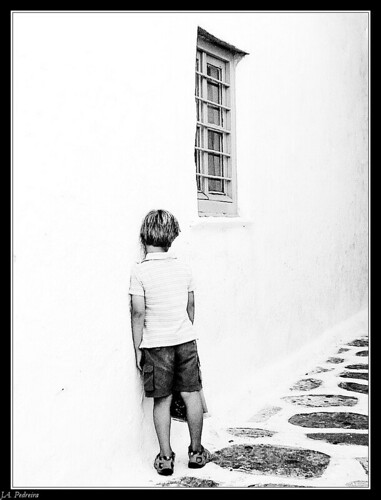
PrincipalPages had a recent blog post regarding Punishing Parents which I posted a comment to. You can see his post here:
http://principalspage.com/theblog/index.php?url=archives/219-MAYBE-PUNISHING-PARENTS-ISNT-SUCH-A-BAD-IDEA-AFTER-ALL..html&serendipity[csuccess]=true#feedback
My response is listed below.
I do have to slightly disagree. It isn't always parents making excuses. My son had a book he wanted to return to the library. He knew it was going to be late. I told him that I was too tired and that I wasn't able to drive him down there. Could my 9 year old have left the house and walked down to the library to be responsible? Not if he wanted to stay safe. Sometimes it really isn't a kids fault and it really isn't a parent's fault. We have so many constraints on our lives that sometimes life just gets in the way of living. Why must everyone comply? Does there have to be only one due date? Does everyone have to arrive at school at exactly the same time? Yes I know there must be order but with a world that is living 24/7 when are schools going to stop functioning like it is still a 9 to 5 world. It bugs us when kids are annoying after we have had a long night, what about the parent that suddenly got a double shift dumped on them and simply can't get their child to school safely. Who should be punished? Maybe nobody.
While I like the visceral response I get when I think of parents being punished, I am much more about figuring out ways to get us all to collaborate rather than the masses to comply with the hierarchy.
His post referenced the 1% that were chronic behavior problems. I feel like it is more like 5% but I have no good data (yet) to support the actual numbers. After leaving the classroom I realized that most of my students were completely acceptable in their behavior. I frankly only remember the really good ones, the really bad ones, and the few whom, I know I made mistakes with and regret the possible hurt I caused. If only 1% or 5% are really chronically problems maybe a bit more flexibility in how we address rules is more effective.
Teach people correct Principles and they can govern themselves. (adapted from Joseph Smith Jr.)





